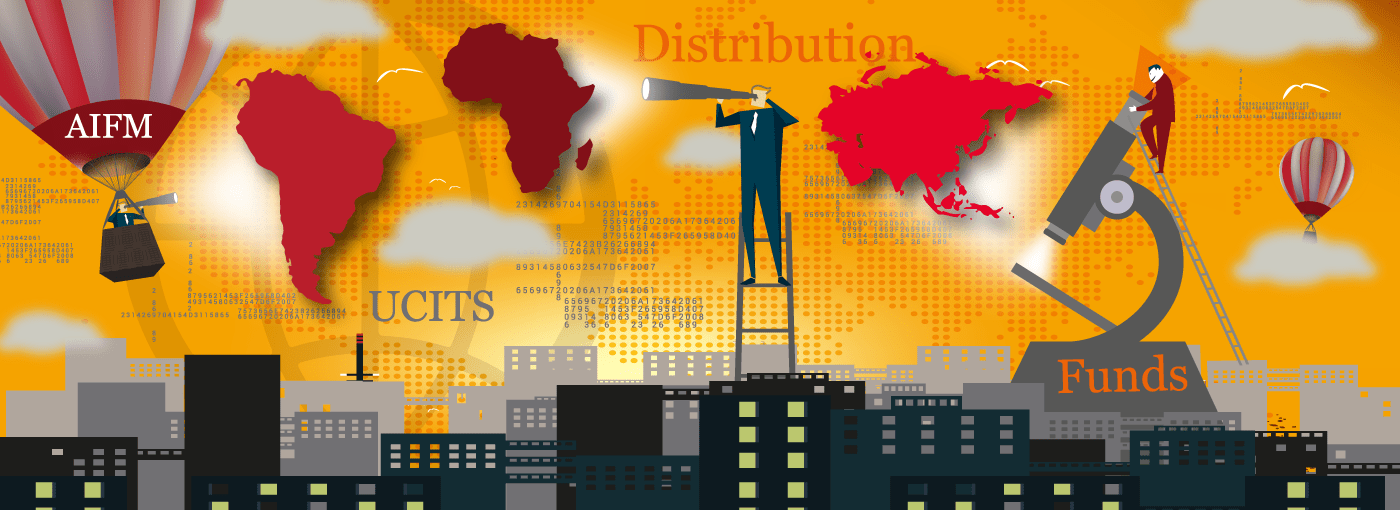RIO DE JANEIRO, BRAZIL – When it comes to US-China tensions, losses in Asia have been converted into gains for Latin America.
Index funds listed in the US that invest in Asian bonds and stocks recorded net sales of US$1.4 (R$6.4) billion in the two weeks through May 29th, extending a period of declines that began in February.
The worsening relationship between the world’s two biggest economies is driving capital out of Asia into nations such as Brazil and Mexico, where the March rout has left stock prices too low to ignore. Investors are now paying the most in three years to own Latin American stocks rather than Asian ones.
Most upgrades to emerging-market profit forecasts are for Latin American companies, and exchange-traded fund flows are moving in the same direction.
Similar ETFs (exchange-traded funds) investing in Latin America raised approximately US$60 million in funds during the two-week period, although the region has become the new epicenter of coronavirus.
Asian assets have shown better performance since the lowest level reached in the wave of sales triggered by the coronavirus. A stock index in the region now shows a decline of only six percent this year. Latin American stocks are still down over 30 percent.
As Asian assets are in danger of being caught in the crossfire by the deteriorating relations between the world’s two largest economies, Latin American assets are starting to spot a number of positive aspects.
The price-to-estimated-earnings ratio of Latin American stocks relative to emerging Asia fell to a six-year low after the selloff in March. But by the end of May, it had jumped to the highest level since February 2017.
The price of commodities like oil and copper, which are among the region’s main exports, are starting to rebound, while valuations are seen as relatively attractive due to the Latin American market’s poor performance against global peers.
“We can see this in the context of a transfer of leadership from Northeast Asia, which has been more successful in defeating the virus, to Latin America, which has not yet reduced cases as much, but is already showing an improvement in activity,” said Morgan Harting, who helps manage a US$1.2 billion multi-market fund at AllianceBernstein in New York. “Investors seem very focused on activity data.”
Signs of a rebound in Latin America are still threatened by the escalating virus outbreak. Despite the reopening of activity in some parts of Brazil, including the epicentre São Paulo, the country posted a record number of daily deaths from Covid-19 on Wednesday. Mexico had its first daily total of over 1,000 deaths.
For Mark Mobius, co-founder of Mobius Capital Founders, the impact of the virus in Latin America will not be as great, because of its younger population. According to him, emerging market assets are on a strong upward trend, and growth should continue amid a V-shaped recovery.
Ian Beattie, co-investment manager and head of emerging markets at NS Partners in London, said the company is adjusting its emerging market portfolio strategy to reflect recent monetary events, with increased exposure to markets, sectors and cyclical equities.
“We did well in China in the year-to-date and are now thinking about reducing our allocation there to increase in Brazil and elsewhere,” he said.


